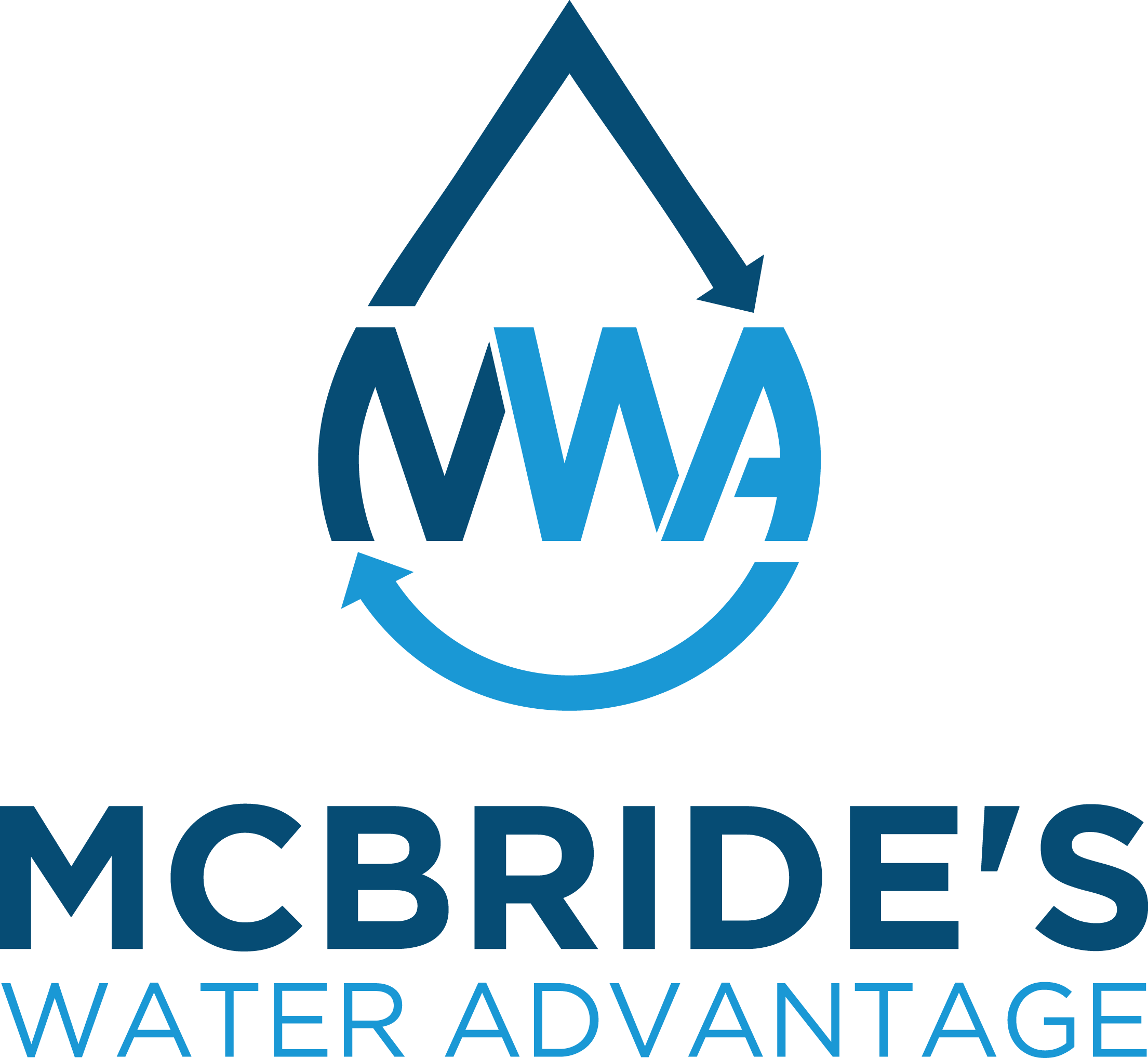 One of the worst things about having hard water in your home is that it can wreak havoc in all sorts of different places. In fact, any pipe, appliance or surface in your home that comes into contact with hard water is at risk of damage. One appliance that is notoriously affected by hard water is your water heater. Today we’re going to talk about the effects that hard water can have on the performance and efficiency of your water heater and how a water softener can eliminate those problems!
One of the worst things about having hard water in your home is that it can wreak havoc in all sorts of different places. In fact, any pipe, appliance or surface in your home that comes into contact with hard water is at risk of damage. One appliance that is notoriously affected by hard water is your water heater. Today we’re going to talk about the effects that hard water can have on the performance and efficiency of your water heater and how a water softener can eliminate those problems!
Why is hard water problematic for water heaters?
In typical gas-powered water heaters, the water that’s stored in the water heater’s tank is heated from the bottom by a set of burners. If your home has hard water, hardness minerals can solidify in the form of limescale and build up on the bottom of your water heater’s tank. This forms a layer between your water heater’s burners and the water inside the tank, making it much more difficult for your water heater to keep your home’s hot water at the right temperature.
If you have an electric water heater, limescale can cause similar problems by building up on your water heater’s heating elements and reducing their effectiveness.
What are the effects hard water has on the performance of your water heater?
- Decreased efficiency. By creating a barrier at the bottom of your water heater’s tank, hard water will significantly decrease the efficiency of your water heater because your unit will have to work harder and longer to keep your water warm. This will increase your water heating bills and can also mean that your water won’t be hot enough when you need it for things like showering, doing the dishes and laundry.
- More frequent flushing. Typically, water heaters only need to be flushed about once per year. If your home has hard water, however, the buildup of minerals in the tank will require you to flush your water heater much more frequently (as often as every 3 months). This is not only a waste of water, but also a waste of your time!
- Shorter lifespan. The stress that hard water puts your water heater through will take its toll over time. Not only will you likely need to make more repair calls throughout your water heater’s lifespan, but your unit will also likely lose a few years of its life expectancy.
Install a water softener to provide maximum protection for your water heater
By installing a water softener in your home, you can prevent the buildup of hardness minerals and limescale inside of your water heater. This will maximize the performance of your water heater, lower your water heating bills and keep your unit in great shape. If you suspect that hard water might be affecting the performance of your water heater, set up a water test with McBride’s so we can measure your water’s hardness levels and recommend the right system for your home!
If you have any questions about the effects hard water can have on your water heater, or if you’d like a water system serviced or installed in your home, contact McBride’s Water Advantage, your water softener and water filtration system dealer in Epsom, New Hampshire. We provide service all over New Hampshire, including towns like Laconia, Nottingham and Goffstown, NH.
photo credit: jshappell via photopin (license)
